Environmental Storytelling CNY
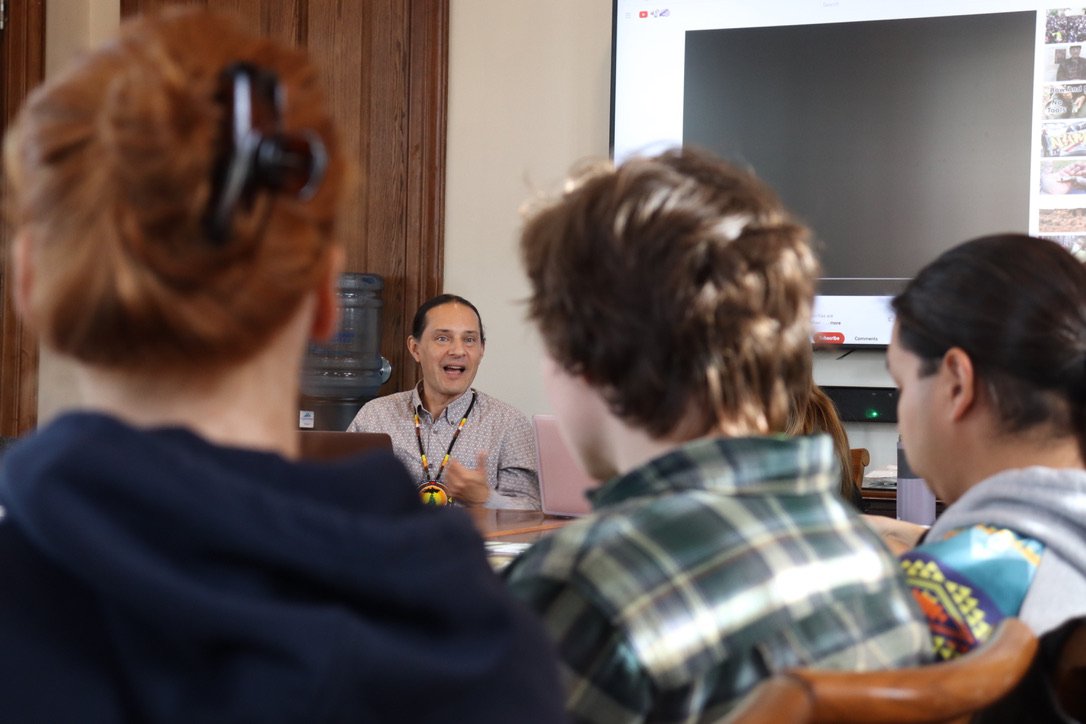
The annual Environmental Storytelling Series (ESS) of Central New York foregrounds artistic expression and humanistic interpretation in pursuit of mutual understanding and collective action around ecological crisis. Coordinated by the EHN and SUNY ESF's Writing, Rhetoric, and Communications Program, this series of events and interconnected programs brings together scholars, teachers, students, artists and community leaders in pursuit of three overarching goals: 1.) to demonstrate how environmental issues are always intertwined with social, economic, and cultural issues 2.) to show how storytelling across media can help us pursue environmental justice in ways that facts and figures alone cannot; and 3.) to use storytelling as a way to encourage interaction and collective action across communities in Syracuse and Central New York.
Fall 2024 & Spring 2025
Dystopia Now (April 2025)
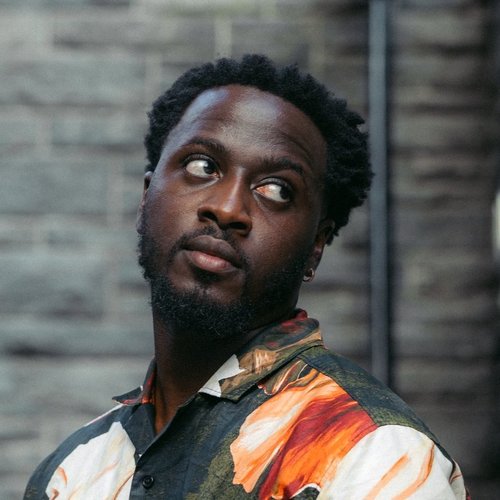
National Book Award finalist Nana Kwame Adjei-Brenyah reads from his debut novel, Chain Gang All-Stars and discuss how he draws upon and criticizes real-world systems within his own fiction. Audience members are asked to imagine different worlds through their own stories
Check out our learning guide on Dystopian Fiction & the Carceral System for more details.
Filmmaking and Food Systems: A Showcase of Short Films and Food Stories (September 2024)
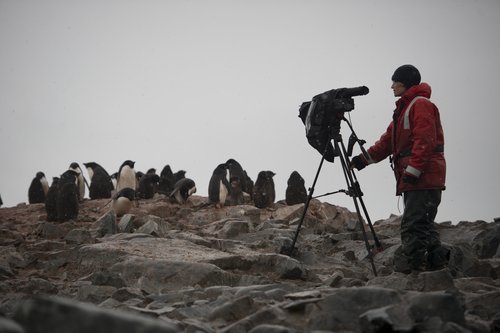
In this interactive film screening, award-winning filmmaker and science communicator Dena Seidel and her students from Rutgers University showcase a series of short films that focus largely on food systems and the collaborative work of scientists and communities to better understand and improve these systems. Between short films, Seidel and her team lead reflections on what they’ve seen and to begin to craft their own food and science stories.
Check out our learning guide on Science Communication and Filmmaking for more details.
Fall 2023 & Spring 2024
Crafting Poetic Futures (April 2024)
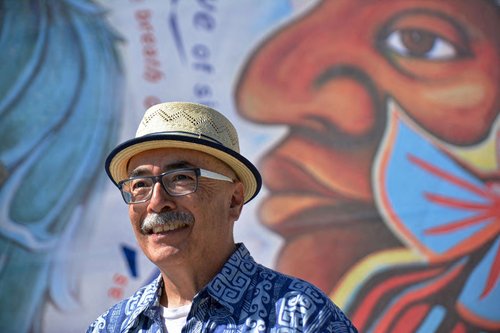
United States Poet Laureate Emeritus Juan Felipe Herrera leads a creative writing workshop for students of all ages. Herrera discusses how his own poetic work connects with environmental concerns while pointing us toward methods of communal storytelling and repair.
Check out our learning guide on Latiné Environmentalism for more details.
Forging Ecological Awareness through Art (March 2024)
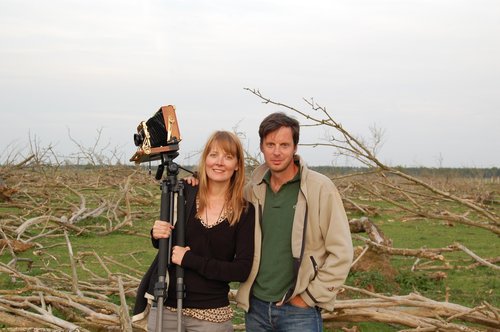
2023 Guggenheim Fellows Susannah Sayler and Edward Morris (Sayler/Morris) invite attendees to engage with their artwork and others in the Assembly exhibition at the SU Art Museum to forge deeper ecological understandings of the places we share.
Check out our learning guide on Ecologies of Place for more details.
Narrative Sovereignty and Climate Action (November 2023)
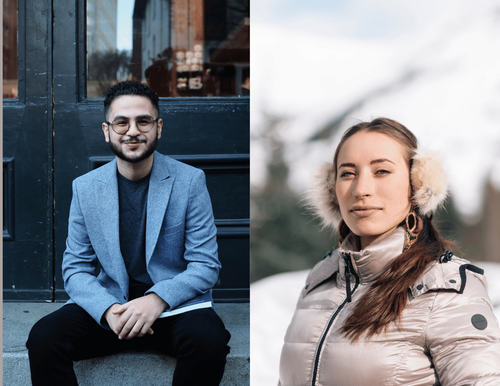
Climate activists Ahmed Badr and Ruth Łchavaya K’isen Miller discuss the ways in which narrative sovereignty takes different forms and expressions across their respective communities. Through poetry, music, and dialogue, Ahmed and Ruth offer examples of the work of communities to control their own stories related to environmental crisis and resilience and to build structures that emphasize and reinforce individual and community agency in storytelling for climate action.
Check out our learning guide on Narrative Sovereignty for more details.
Fall 2022 & Spring 2023
Nonviolent Action & Climate Justice (April 2023)
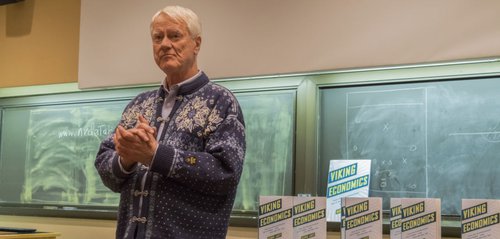
Legendary civil rights and environmental activist and author George Lakey draws on principles from his 2018 book, How We Win: A Guide to Nonviolent Direct Action Campaigning, to discuss his work with the Earth Quaker Action Team (EQAT), a mostly youth-led coalition, which he co-founded to pursue ecojustice at the intersections of race, class, queerness, and the climate crisis.
Check out the ESS Nonviolent Action & Climate Justice Learning Guide
Reproductive & Environmental Justice (February 2023)
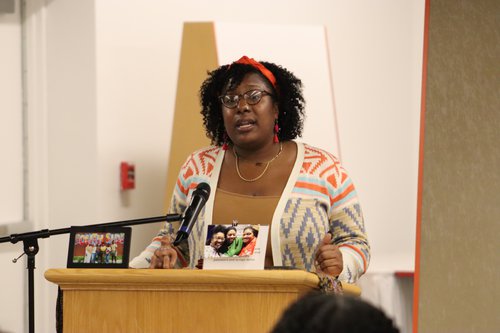
Community educator and birth worker, SeQuoia Kemp, traces out the relationship between environmental racism, reproductive justice, and the production of maternal toxic zones. She explains how the health of mothers is a barometer of community health. Issues of health care, the environment, and economic inequities in Syracuse are explored through poetry and mindfulness exercises.
Check out the ESS Reproductive & Environmental Justice Learning Guide
Ecopoetry and Environmental Hauntings (December 2022)
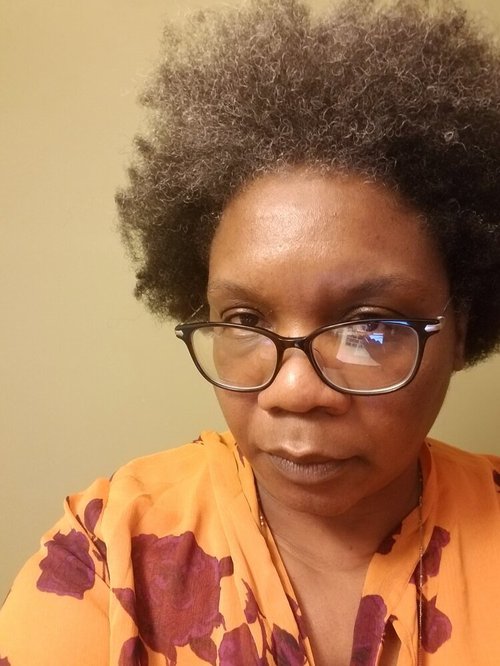
Poet Vievee Francis interrogates interior and exterior landscapes formed by legacies of slavery, oppression, and violence against Black people and, especially, Black women. Francis is the author of The Shared World, Forest Primeval (TriQuarterly Books, 2015), winner of the 2017 Kingsley Tufts Award; Horse in the Dark (Northwestern University Press, 2012), winner of the Cave Canem Northwestern University Press Poetry Prize; and Blue-Tail Fly (Wayne State University Press, 2006).
Check out the ESS Ecopoetry & Environmental Hauntings Learning Guide
Indigenous Land Rights and Responsibilities (October 2022)
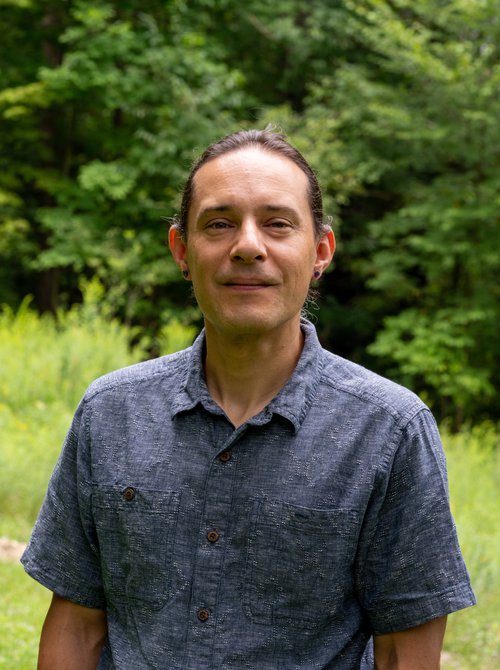
The Environmental Storytelling Series kicks off with a screening and conversation with Dr. Jason Corwin, a citizen of the Seneca Nation (Deer Clan), and a lifelong storyteller and maker. Corwin is also the founding director of the Seneca Media & Communications Center and a Clinical Assistant Professor of Indigenous Studies at the University of Buffalo. His feature length documentary, Denying Access chronicles the Water Protectors at Standing Rock and Seneca Territory as they opposed the Dakota Access and Northern Access Pipelines by convening people from around the world in an unprecedented call for the recognition of Indigenous rights and an end to a destructive fossil fuel industry.
Check the the ESS Indigenous Land Rights & Responsibilities Learning Guide
